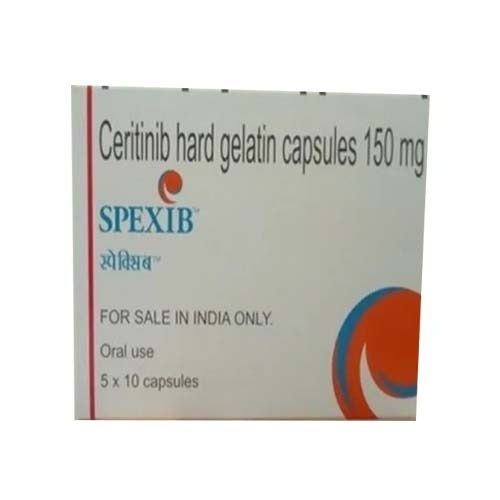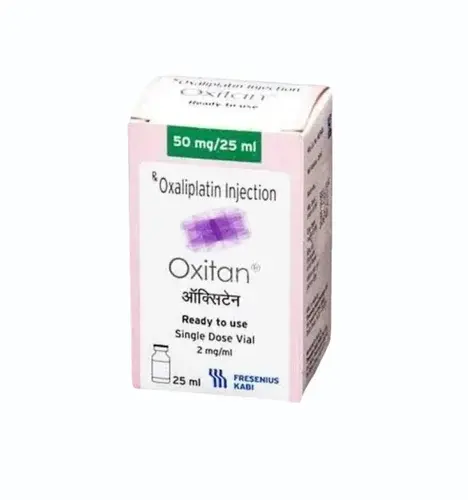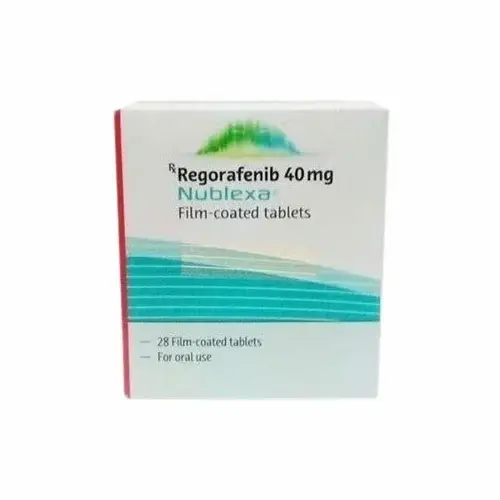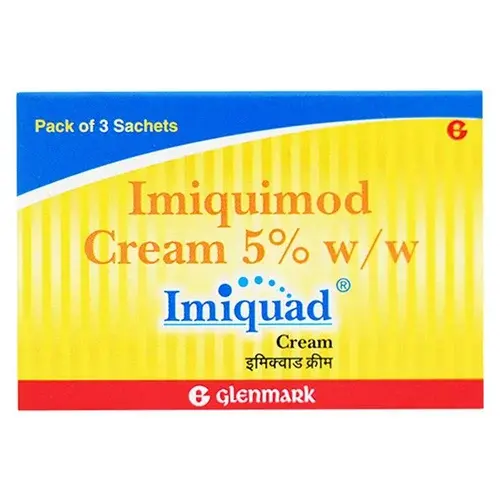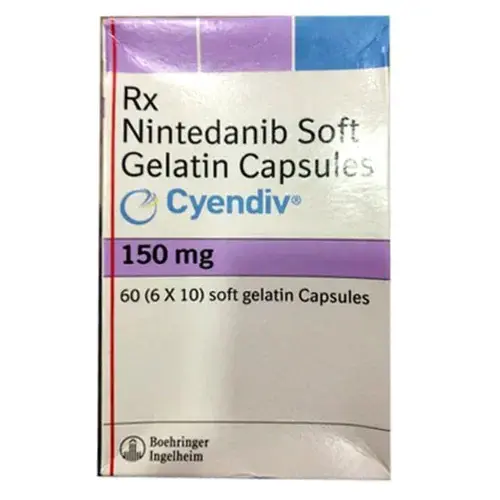“Anti-cancer” refers to a class of medications and biologic therapies designed to kill or inhibit the growth of cancer cells. This includes traditional chemotherapy drugs (e.g., Doxorubicin, Paclitaxel), oral targeted therapies (e.g., Imatinib, Erlotinib), hormonal agents (e.g., Tamoxifen), immunotherapies (e.g., Pembrolizumab), and supportive treatments like antiemetics and colony-stimulating factors.
Patients undergoing cancer treatment may experience both disease-related and treatment-related symptoms:
-
General Cancer Symptoms: Unexplained weight loss, fatigue, persistent pain, lumps or swelling
-
Chemotherapy Side Effects: Nausea, vomiting, hair loss, mouth sores, low blood counts
-
Targeted Therapy Effects: Skin rash, diarrhea, liver enzyme changes
-
Immunotherapy Reactions: Fever, fatigue, skin reactions, potential autoimmune effects
-
Cancer arises when mutations in genes disrupt normal cell growth and apoptosis. Key contributing factors include:
-
Genetic Predisposition: Inherited mutations (e.g., BRCA1/2)
-
Environmental Exposures: Tobacco smoke, UV radiation, certain chemicals
-
Infections: HPV, Hepatitis B/C, Epstein–Barr virus
-
Lifestyle Factors: Poor diet, alcohol use, sedentary behavior
-
Aging: Accumulation of DNA damage over time
-
While the initial cause of cancer is genetic mutation, progression can be influenced by:
-
Chronic Inflammation: From conditions like ulcerative colitis or hepatitis
-
Hormonal Influences: Estrogen in breast and uterine cancers
-
Immune Suppression: HIV/AIDS or immunosuppressive drugs
-
Diet & Obesity: High-fat diets and excess body weight
-
Continued Carcinogen Exposure: Ongoing smoking or chemical contact
-
-
Clinical Evaluation: History & physical examination
-
Imaging Studies: X-ray, CT, MRI, PET scans to locate and stage tumors
-
Biopsy & Histopathology: Tissue sampling for definitive diagnosis
-
Laboratory Tests: Tumor markers (e.g., PSA, CA-125), complete blood counts
-
Molecular Profiling: Genetic testing of tumor for targeted therapy eligibility
-
-
Chemotherapy Agents:
-
Doxorubicin, Cyclophosphamide, Paclitaxel—broad-spectrum cytotoxic drugs
-
-
Targeted Therapies:
-
Imatinib, Erlotinib, Gefitinib—inhibit specific oncogenic pathways
-
-
Hormonal Therapies:
-
Tamoxifen, Letrozole—block hormone-driven tumor growth
-
-
Immunotherapies:
-
Pembrolizumab, Nivolumab—checkpoint inhibitors that boost immune attack
-
-
Supportive Medications:
-
Antiemetics (Ondansetron, Granisetron) to prevent nausea
-
Colony-Stimulating Factors (Filgrastim) to reduce neutropenia risk
-
Pain Management: Opioids, NSAIDs, and adjuvants
-
-
Combination Regimens: Multidrug protocols tailored by oncology teams for optimal efficacy
-
Q1: Are oral anti-cancer drugs as effective as IV chemotherapy?
A: In many cancers (e.g., CML, certain lung cancers), targeted oral agents like Imatinib or Erlotinib offer equal or superior efficacy with improved tolerability.
Q2: How soon after chemotherapy can I expect side effects?
A: Nausea and vomiting may begin within hours, while hair loss and low blood counts typically appear 7–14 days post-treatment.
Q3: Can supportive meds reduce chemotherapy side effects?
A: Yes—antiemetics, growth factors, and mouth rinses greatly alleviate common toxicities, improving quality of life.
Q4: How is the right anti-cancer regimen chosen?
A: Oncologists consider cancer type, stage, molecular markers, patient health status, and prior treatments to personalize therapy.
Q5: When should I discuss immunotherapy?
A: If your tumor expresses PD-L1 or other immune targets, immunotherapy may be an option—speak with your oncologist for testing and eligibility.
















